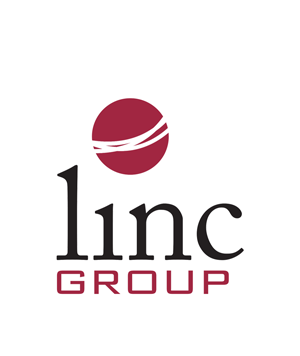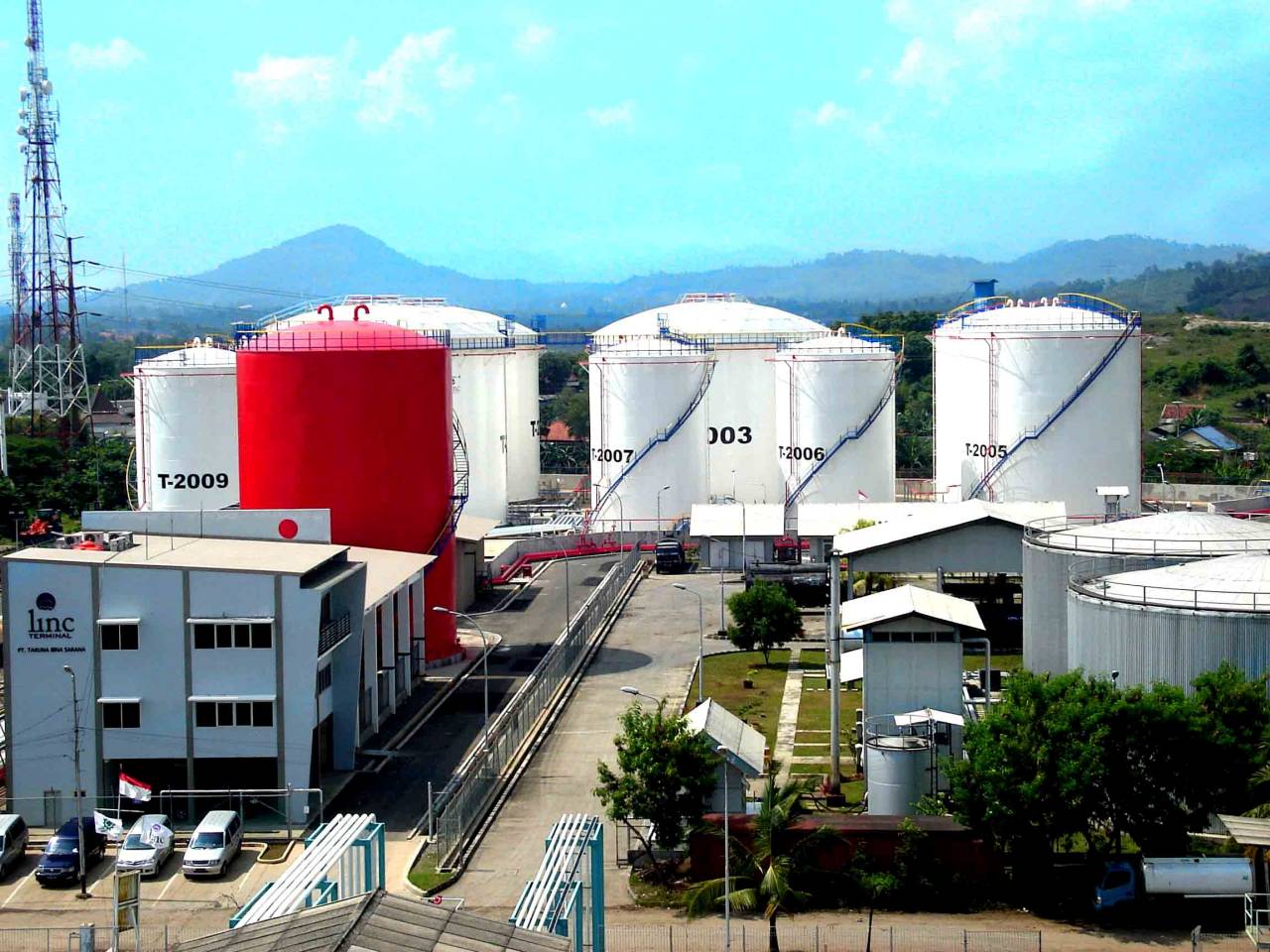Interview The Jakarta Post with Hans Leo, President Director of Linc Group on Feb 2, 2015.
The Jakarta Post
Despite the problems of poor infrastructure faced by logistics companies, many players in the industry have taken advantage of the growing business. Linc Group is one example. The group offers supply-chain solutions that include shipping, freight forwarding and customs brokerage, distribution, distribution center and inventory management, liquid-bulk storage tanks and supply-chain IT solutions. The group’s president director Hans Leo talks about the business.
How do you view the development of the logistics industry today?
For me the industry is limitless because the geography of the country, with so many islands. To distribute goods manufactured domestically, you need logistics. Logistics comes in the form of transportation and storage. Trucks are used to transport goods from one city to another but to deliver goods from one island to another, you need shipping. There are a lot of opportunities that the logistics industry offers.
Experts have said the logistics industry will enjoy high annual growth. What indicators do you use to measure industry growth?
The growth percentage can be found in studies or research. For me, I can see the movement of the economy. There is a close link between the countrys economic growth and the logistics industry growth. If the economy slows, then the industry is also slow but with the countrys economic growth of around 6 percent, the industry is affected by this 6 percent growth.
What factors contribute to the growth?
First, Indonesia population of around 240 million is a huge market. Consumer and industrial goods need logistical services in order to reach people. So we are lucky because the market is big enough. And the rise in the middle class means an increase in spending on consumer goods. The goods have to be delivered from manufacturers, mostly located in Surabaya and Jakarta, to retail shops in different cities and islands, which means they need logistics services.
Second, infrastructure-development projects, especially with the previous and the current government investing more in infrastructure, which means there is a lot of logistical requirements. Construction-related materials, such as cement, concrete and steel have to be shipped to targeted construction projects in different cities or islands.
What are the main infrastructure-related concerns do you think?
Manufacturers are concentrated in two cities, Jakarta and Surabaya in East Java. The absence of proper railways connecting these two cities causes hours extra, about overnight, to deliver goods from one city to another. And also the lack of proper roads has led to Jakarta being highly congested in the morning because a lot of vehicles coming in to reach Tanjung Priok port.
So, spreading out manufacturing sites to other areas could be a solution?
Yes, because it would no longer be concentrated in the two cities, Jakarta and Surabaya.
Manufacturing has been spread to Karawang and in Bekasi in West Java but it should be supported by good infrastructure. If you look at massive countries like the US, manufacturing sites are spread out across several different states.
How would good infrastructure benefit the logistics business?
Adequate infrastructure like wide and good-quality roads would speed up the delivery of goods, which would mean reductions in transportation costs.
What tricks do you use to deal with the poor-infrastructure problem?
We simply strive to deliver goods more efficiently.
In terms of market segment, which market are you focused on?
Most of our business, or 90 percent, is focused on the domestic market and 10 percent on the international market.
What kind of goods do you handle?
Fast-moving consumer goods, manufactured food, documents (for banks), luggage, shoes (retail stores), chemicals and construction materials, such as cement, concrete and steel.
What strategy do you adopt to boost your business?
Human capital is essential. Business is all about people. In the logistics business, people think its about the trucks, the ships, planes and warehouses, but its not. Its all about the people.
Do you have any plan to expand your business?
Yes, definitely but it is still confidential. (JP)
Source: http://www.thejakartapost.com/news/2015/02/02/economic-growth-benefits-logistics-industry.html

